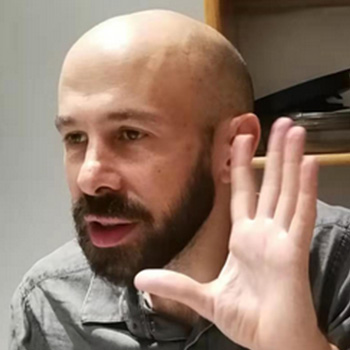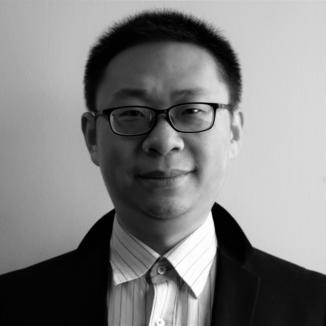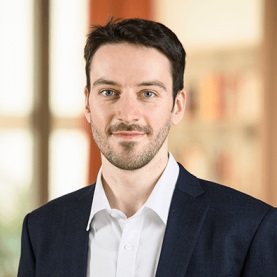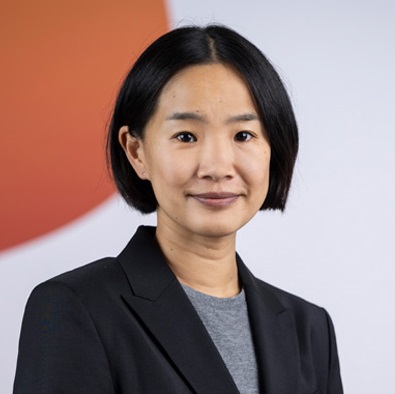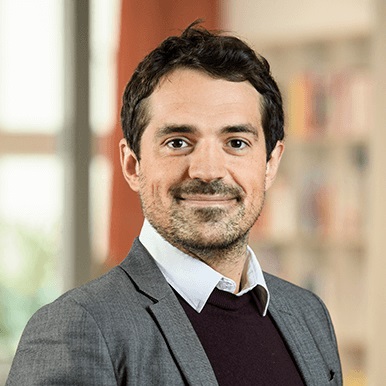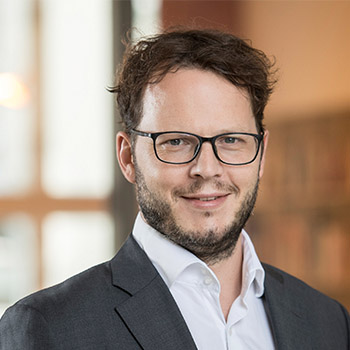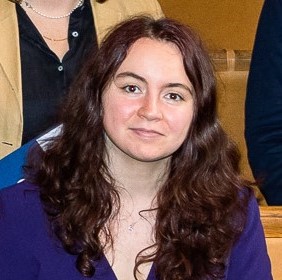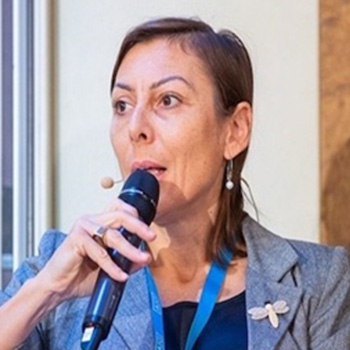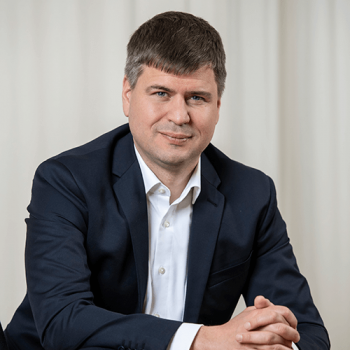How we work
The China Horizons project covers 5 thematic research areas, namely: Chinese society and culture; Chinese politics, Chinese economy, China’s regional and global strategies and EU-China relations.
Furthermore, the project prioritizes the impact and dissemination of the results towards EU policymakers, the corporate world, the media and the wider public across Europe.
Society and Culture
The dynamism of China’s society and culture

Work Package 2 aims to analyse the discrepancies and overlaps in conceptions of an ideal society between the new generations and the Party-state. It will investigate social protests, literature and cultural productions, gender experience and discourses on society in contemporary China through a multidisciplinary approach.
It will focus on China’s young generations and middle-class view of the norms and values of an ideal society, how much current social conflicts reflect their aspirations, and the extent of the role of patriotic education. Moreover, it will update the existing knowledge base on China’s cultural industries, including the regulatory environment and the artist - state relations.
Work package 2 leader
Work package 2 members
Politics
Party-State Politics

Work Package 3 will develop robust and comprehensive knowledge on the areas of Chinese politics undergoing significant changes under Xi Jinping. These include the Communist Party’s organisation and its relationship with the state and the judiciary; Central-local governments relations; the revival of Marxism-Leninism as the state ideology; Party-business relations; Chinese society’s support of the political regime and Nationalism.
The WP3 analytical framework will explain China’s political system and its ambitions, and predict its direction of development, with the objective to disseminate research-based knowledge on Chinese politics to the EU’s policy community and citizens.
Work package 3 leader
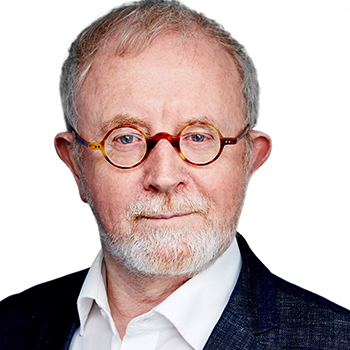
Kjeld Erik Brødsgaard
Professor at Copenhagen Business School
Political scientist specializing in China’s political economy and the organizational evolution of CCP-led governanceHis research focuses on Chinese politics, the Chinese political system, the Chinese Communist Party, nomenklatura and cadre management, SOEs and Party-business relations, and elite circulation Party-state-business.
more detailsWork package 3 members
Economy
The Chinese economy: understanding its functioning and its global impact

The primary objective of this Work package is a better understanding of the functioning of the Chinese economy, with special attention to China’s evolving growth engines and its state driven economic model. Moreover, it will create two one-stop, reliable data repository and indicators platforms on China’s economy and policies to monitor trends in the Chinese economy and its impact on other countries. It will aim to facilitate economic research about the Chinese economy outside its borders. Finally, it aims to assess the impact of China’s increasingly important economy on the rest of the world, with particular attention to Europe.
Work package 4 leader

Alicia Garcia Herrero
Chief Economist for Asia Pacific at Natixis, Senior Fellow at Bruegel, Non-resident Senior Follow at the East Asian Institute, Adjunct Professor at the Hong Kong University of Science and Technology
Economist specialized in monetary and financial issues in emerging markets, banking crises and resolution strategies, financial developmentHer research focuses on Chinese, HK, Taiwan economy; East Asia affairs; Chinese internal affairs, Eu-China relations, US-China relations and semiconductors industry.
more detailsWork package 4 members
Foreign Policy
China’s regional and global strategies

The main objective of tis work package is to develop independent knowledge of China’s foreign and security policy and China’s regional and global strategies, including the country’s long-term core interests and threats, and the roadmap for achieving the “China Dream of national rejuvenation”. It will analyze the priorities, strengths, and weaknesses of China’s strategy towards its neighbourhood areas and its global strategy, their practical implementation, and the adjustments in response to the reactions of other powers and the Covid-19 pandemic.
Moreover, it will research how China meets the EU on the international stage, and how the EU can best serve its strategic interests and values in dealing with China.
Work package 5 leader
Work package 5 members
EU-China
EU-China relations

This Work Package aims to develop a picture of China’s growing influence in Europe and up-to-date analysis of EU-China relations, including the main strategies, changes, and the (non) convergence in EU Member States’ China exposure and policies. It will assess China’s impact on Europe’s quest for strategic autonomy (including on technology and innovation policies) and on EU’s democratic resilience. Finally, it will provide forward-looking recommendations to European policy makers and stakeholders, regarding the general direction of EU-China relations and specific measures of member states and EU.
Work package 6 leader

Abigaël Vasselier
Director Research China's Foreign Relations (MERICS)
EU-China; Geopolitics; China´s foreign and security policyAbigaël Vasselier heads the Foreign Relations team at MERICS. Previously, Abigaël worked as Deputy Head of Division for China, Hong Kong, Macao, Taiwan and Mongolia at the European External Action Service (EEAS).Abigaël holds a Master’s degree in Asian Studies from SOAS in London and she also graduated in International Relations from Sciences Po Aix and has a Bachelor degree in Chinese language. She studied Chinese at China Foreign Affairs University in Beijing.
more detailsWork package 6 members



